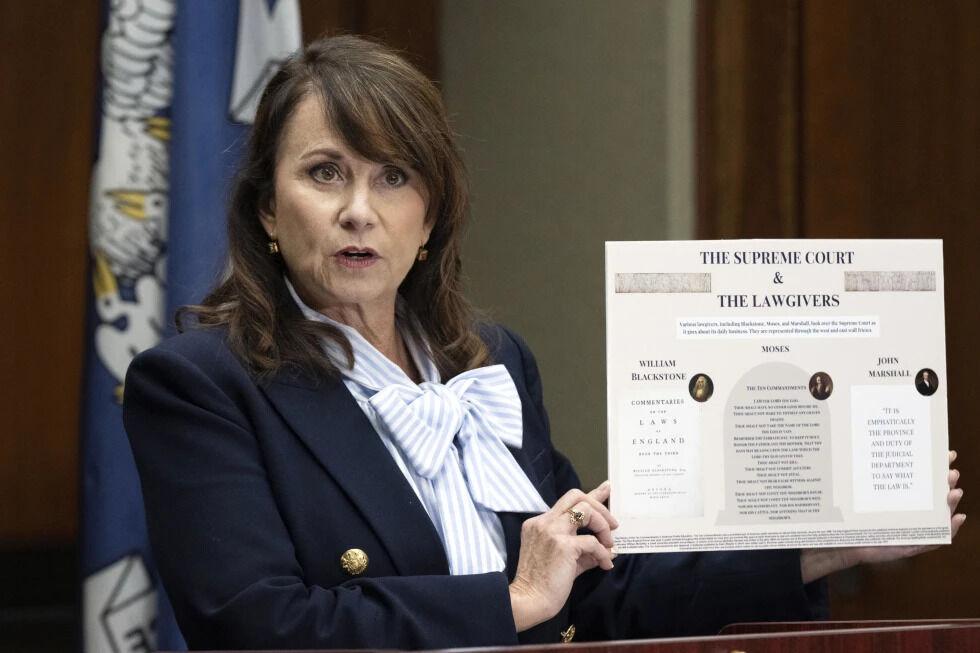We are the media we consume, according to futurist Watts Wacker.
He was talking about the future of the newspaper industry at a conference I attended last week, but my thoughts stuck on the idea that media reflect society. Wacker argues that in the past people judged others based on their possessions — fast cars and nice clothes.
Now, he says we pass judgment based on media consumption. We think certain things of Wall Street Journal readers versus National Enquirer subscribers. We may raise an eyebrow at the person who’s reading the scandalous Maxim magazine, but we don’t look twice when someone reads Time or Newsweek.
The same is true for television — some people watch primetime TV, and others tune their tubes to news channels.
When considering the idea that we are the media we consume, I stumbled across a report by the National Organization for Women, which outlines how primetime network television degrades not only women but also minorities and gay people. It details how women are viewed as sex objects and relegated to inferior status in comparison to men. The report also touches on violence in entertainment and the treatment of gay people.
I’ve always been and always will be an advocate of free speech. However, as I age and experience more things, I see a lack of responsibility in the entertainment industry.
The sexualization of women amazes me. We must be scantily clad, extremely thin, white and drop dead gorgeous if we are to live up to the standards the entertainment industry sets for society.
This notion contributes to many problems. Young people struggle with sex because entertainment shows males they are to be aggressive, while sending mixed signals to females — we’re supposed to be overtly sexual. From there the problems grow. Guys who aren’t sexually aggressive are seen as wimps, and women who are too sexual are sluts.
And, as if the situation isn’t confusing enough for heterosexual people, primetime television neglects gay people almost entirely. Yeah, there’s “Will and Grace” — but how positive is it that the neurotic single woman lives with a gay man, while their flamboyant gay friend saunters around in stereotypical style for comic relief? Why not show Will engaged in a normal, healthy relationship?
Or look at how women and others are treated on Law and Order: SVU, which airs Fridays on NBC. While this show purports to be a police show devoted to solving sex crimes, the plotlines focus on improbabilities — the stories oftentimes twist around “victims” who turn not out to be victims.
It’s strange enough that our society draws Friday evening entertainment from a show based on sex crimes. But the fact that the show focuses on the most unlikely situations hurts the public’s perceptions of sexual assault victims and aggressors.
WWE Smackdown! was ranked lowest according to NOW, which is neither surprising nor inappropriate. In addition to glamorizing violence, it also features a grossly disproportionate number of male superstars (35) versus the number of female superstars (6). We’ll skip over the costumes — female wrestlers are supposed to be sexy and promiscuous looking, while males look sporty and aggressive.
And where are all of the shows dealing with African Americans? Or Asian Americans and Latinos? Why is primetime so white?
I would be remiss to point out that primetime is not all bad. “ER” features female characters of all races in positions of power. The majority of women on “The West Wing” hold important jobs in the White House. Camryn Manheim’s character on “The Practice” not only breaks the physical stereotypes of beautiful women but also is a powerful, intellectual presence on the show. The NOW report even points to Lisa Simpson as a positive female TV presence.
Think dissecting television programs for diversity’s sake is an unfortunate waste of time?
Remember this — the entertainment industry tends to set the norm for what a society accepts. Remember when Ellen DeGeneres’ character came out on television? What about Murphy Brown, the unwed mother? Even former President Bill Clinton remarked on the death of Pedro Zamora, the activist who showed the MTV generation what it was like to be living with AIDS on “The Real World.”
Primetime has the power to represent society well, not streamline it into easily digestible categories. Not everyone is a white heterosexual male, and all women don’t strive to look just like Jennifer Aniston.
Not convinced? Check out the NOW report for yourself by visiting www.nowfoundation.org and following the “Watch Out, Listen Up!” link. You may think television hasn’t brainwashed you. Maybe it hasn’t. But if you’re not aware of the negative ideas and stereotypes it furthers, then you really are the media you consume.
BOOB TUBE
By Christina Stephens, Opinion Editor
November 13, 2002

Opinion Editor
Overexposed
More to Discover







